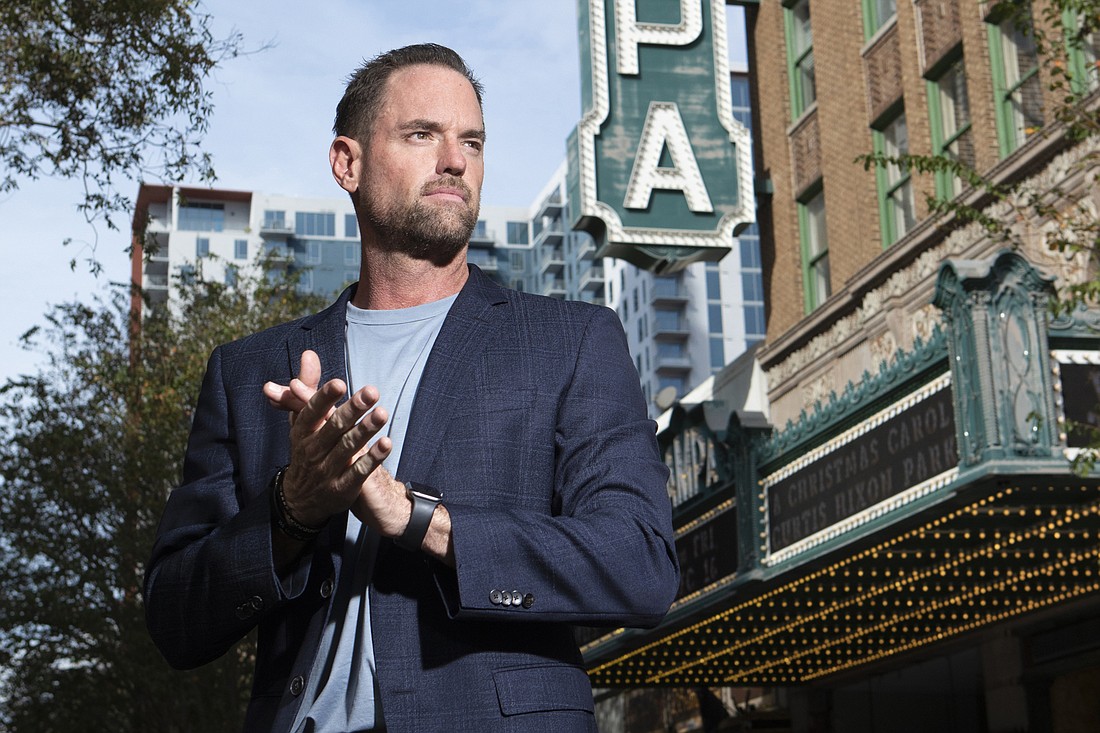- December 15, 2025
-
-
Loading

Loading

Kyle McDowell’s career transformation from multibillion dollar executive to national leadership coach, author and keynote speaker had an unassuming beginning: the spark was lit in the summer of 2017 inside a dark hotel room in Lawrence, Kansas around midnight.
A Plant City native, USF grad and Tampa resident, McDowell was in the hotel room that night prepping for a big speech the next day. He had recently been named senior vice president and program manager at Maximus, a business process outsourcing firm with 14,000 employees and a slew of federal government contracts. Maximus had some big successes, but, says McDowell, who had previously worked for UnitedHealth/Optum, the company was heavily siloed. And the flowing profits masked a faltering morale. His charge? Transform the culture.